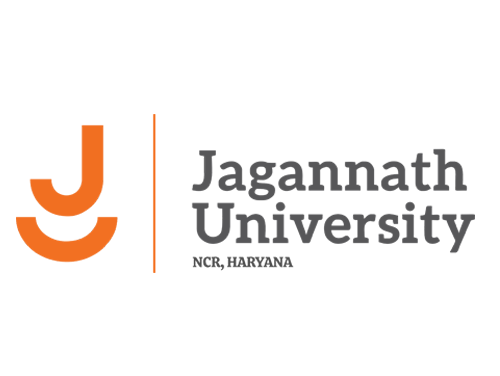B.Sc Anaesthesia and Operation Theatre Technology
Candidates who have completed their Diploma in Operation Theatre Technology looks after all the work and management of the Operation Theatre which involves managing the patients in and out of Operation Theatre, looking after all the surgical instruments involving their sterilization, dressing table, arranging operation table, instrument table, anaesthesia table and management of the Operation Theatre staff. An Operation Theatre Technologist also helps the surgeon amid the surgical operations and looks after the drugs required for surgery, drapes, anaesthetic gases, linen and their sterilization. The aim of the program is to teach and train candidates in Operation Theatre Technology and the management of Operation Theatre along with handling a wide range of operating instruments including electronic and advanced equipment used in modern Operation Theatres. Duration: 3+1= 4 Years Two year programme- Advance Diploma in Anaesthesia and Operation Theatre Technology Three year programme – Bachelor of Science (Anaesthesia and Operation Theatre Technology) Four year programme – Bachelor of Science Honours (Anaesthesia and Operation Theatre Technology) Eligibility: Candidates must have studied Physics, Chemistry, Biology or Math’s in class 12th in order to apply for these courses. Student must have secured 50% marks in Class 12th. LATERAL ENTRY :- (2+1=3 years) Candidates must have Two year diploma in Anaesthesia and Operation Theatre Technology from a recognized board /college /university. Admission to B.Sc Anaesthesia and Operation Theatre Technology (Lateral Entry) programme is done on the basis of marks secured by candidates in diploma . Minimum qualifying percentage is 50%. SCOPE After completion of Bachelor of Science in Anaesthesia and Operation Theatre Technology course, students can pick up career in public or private sector as Anaesthesia technician, Anaesthesiologist Assistant. Some job roles for example are:
- Anaesthesia technologist
- Operation theatre technologist
- Anaesthesiologist Assistant
- Coordinators, tutors or lecturers in educational institutions
- Government hospital
- Military hospitals
- Private hospital & Private owned clinics
- Colleges & Universities
- Nursing homes
- Master’s in Anaesthesia and Operation Theatre Technology
- Master of Health & Hospital Administration
- Master of Business Administration
- Well qualified and experienced faculty
- Research oriented programme
- Well Equipped labs for practical demonstration
- Collaboration with multi-specialty hospitals and labs
- Visits to Govt. hospitals and NABL accredited labs on weekly basis for clinical practices
- Interdisciplinary courses
- Earning of credits by online digital courses
- Specialized training, workshop and conferences part of curriculum
- Each student mentored by faculty
- Lab and Simulation Training - state-of-the-art labs and high-fidelity simulation facilities to apply your in-depth knowledge to real-world scenarios.
- Field Practicum - to hone your critical thinking and decision-making skills, and to strengthen your delegation and leadership skills. After having successfully completed the second semester university examination the student will be qualified to commence the clinical postings for 2-3 weeks in each semester in leading hospitals. One-year full time internship in a hospital is mandatory to enable a student to obtain the degree of Bachelor of Science in Anaesthesia and Operation Theatre Technology.
- Clinical Practicum - Hone your assessment, management and communication skills during two hospital-based practicums.
- Inter-professional Education - In order to prepare you for an integrated role within the health care team, you will have the opportunity to work with students from other programs within the School of Health Sciences. Learning activities are designed using a problem-based learning (PBL) model and include high-fidelity simulations, interactive case-based table-top exercises, and collaborative skill acquisition.



















